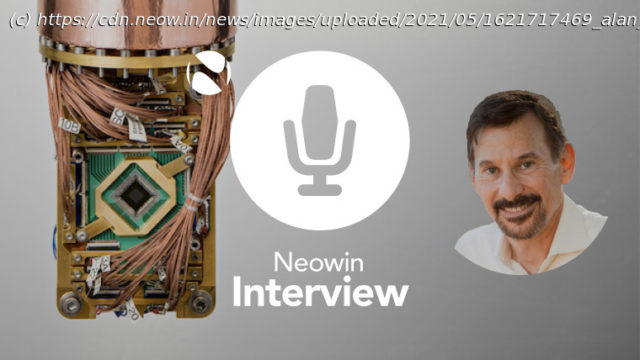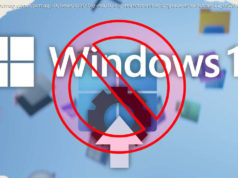We sat down with D-Wave CEO Alan Baratz to have a chat about quantum computers, what kind of problems they’re solving, how they’re tackling the COVID-19 pandemic, and what lies ahead.
Quantum computing is an exciting and novel approach to computation. Armed with the power of quantum mechanics, it is being hailed as a potential avenue to solving problems that are intractable on traditional computers. While the technology enabling it is still in its nascent ages, companies across the world are pushing for improvements that will usher quantum computing into commercial and practical use cases. D-Wave is one of the leading firms leading this charge. Based in Canada, D-Wave is focused on realizing the potential of quantum computing in business and commercial domains. Its unique approach of quantum annealing and hybrid quantum computing makes quantum computers useful in the NISQ-era —a time at which other approaches to quantum computing are marred by inaccurate results and hypersensitive qubits. In March 2020, after the onset of the COVID-19 pandemic, D-Wave opened free access to its quantum computers to researchers and healthcare firms worldwide via its Leap quantum cloud service. Over the past year, over 280 researchers, students, experts, and creative minds from over 23 countries sought solutions to key problems related to the pandemic. A year later, the free access initiative came to an end. Considering this, we thought it would be a great point to ask D-Wave what it’s learned in the past year and what the future’s looking like for quantum computing. We sat down with D-Wave CEO Alan Baratz and had a fantastic conversation on how the firm’s systems were used this past year, what kind of problems were solved, and what lies ahead for D-Wave and quantum computers in general. Ather: Tell us a bit about quantum annealing and why it’s a promising approach to practical quantum computing in the NISQ era. Alan: D-Wave’s approach to quantum computing has always been to bring commercial value to customers via quantum computing, and we can do this today with quantum annealing. Quantum annealing harnesses the tendency of things in nature to remain in their lowest energy state. Our quantum systems harness quantum mechanics to compute highly complex problems by looking across a vast landscape of solutions very quickly and finding a selection of the best, lowest energy solutions. We do this with superconducting qubits. Today, our Advantage quantum system has 5000+ qubits and more than 15-way connectivity. This is the greatest inter-qubit connectivity of any available quantum computer today, and allows for solving larger, more complex problems, and helps obtain higher quality solutions. It’s a very promising practical approach to quantum computing because businesses are looking to solve complex problems with multiple variables and constraints and for some problems, quantum computing is either a new way or perhaps the only way to solve for those problems. Today, D-Wave’s quantum hybrid approach solves real-world problems with up to a million variables, enabling companies to solve complicated problems that have commercial value – whether they be manufacturing processes, retail operations, or hospital resource allocation. That’s compelling in a market where other quantum approaches are years away. Ather: Tell us a bit about Leap, D-Wave’s cloud service, and how you opened up access to this service to solve for pandemic-related problems in March 2020. Alan: Leap is D-Wave’s quantum cloud service, and it democratizes access to real-time quantum computing. Gone are the days when developers and businesses needed access to a physical quantum system in order to explore quantum technology. Now any laptop holds the power of a quantum computer as long as you have access to the Leap quantum cloud service. Last March when the coronavirus began spreading globally, D-Wave opened up free access to Leap for anyone working on responses to the COVID-19 crisis.
Home
United States
USA — software Interview: D-Wave's Alan Baratz on the present and future of practical quantum...






